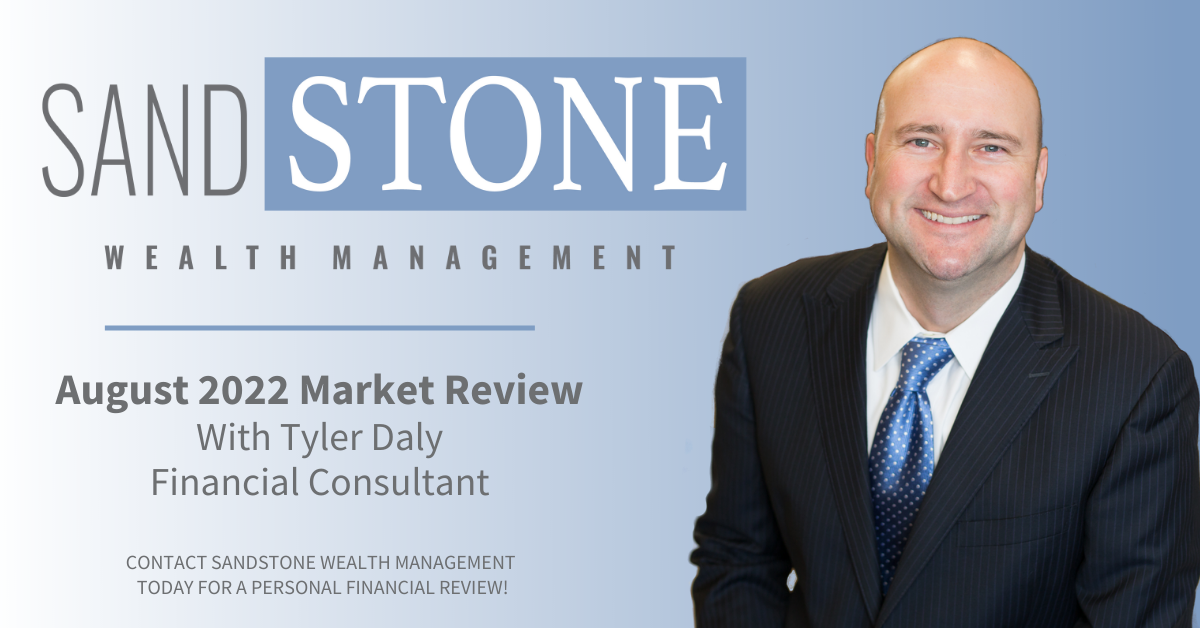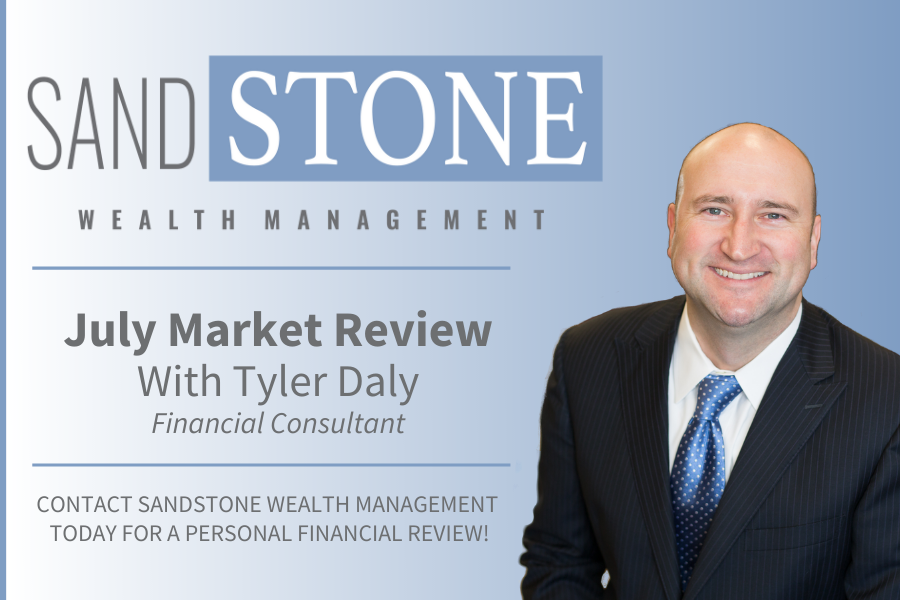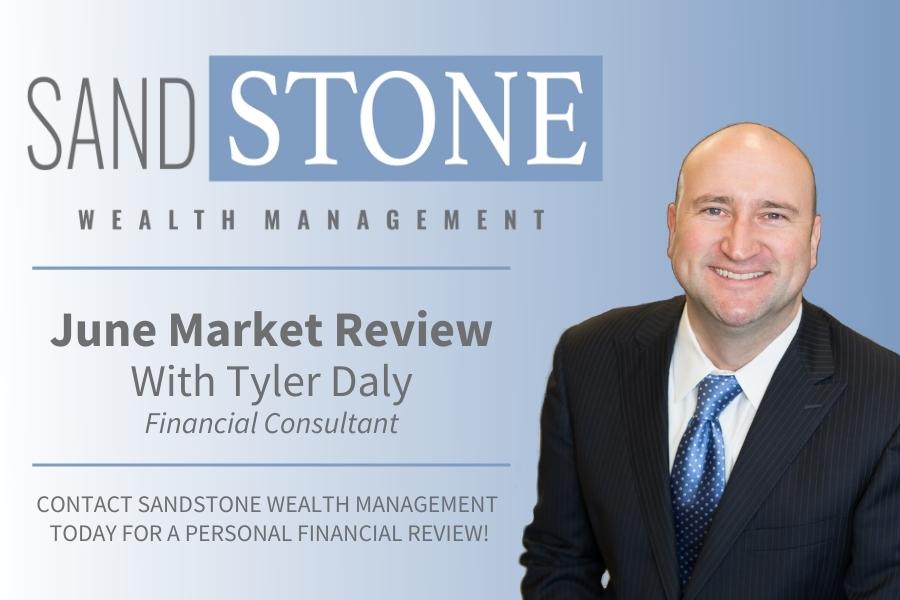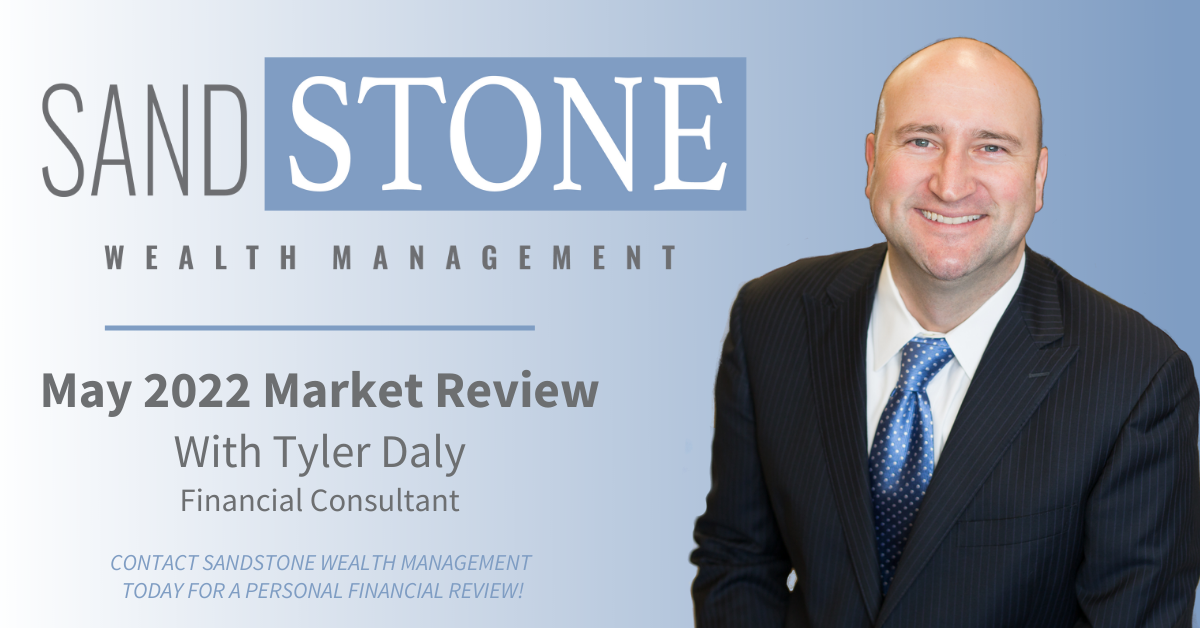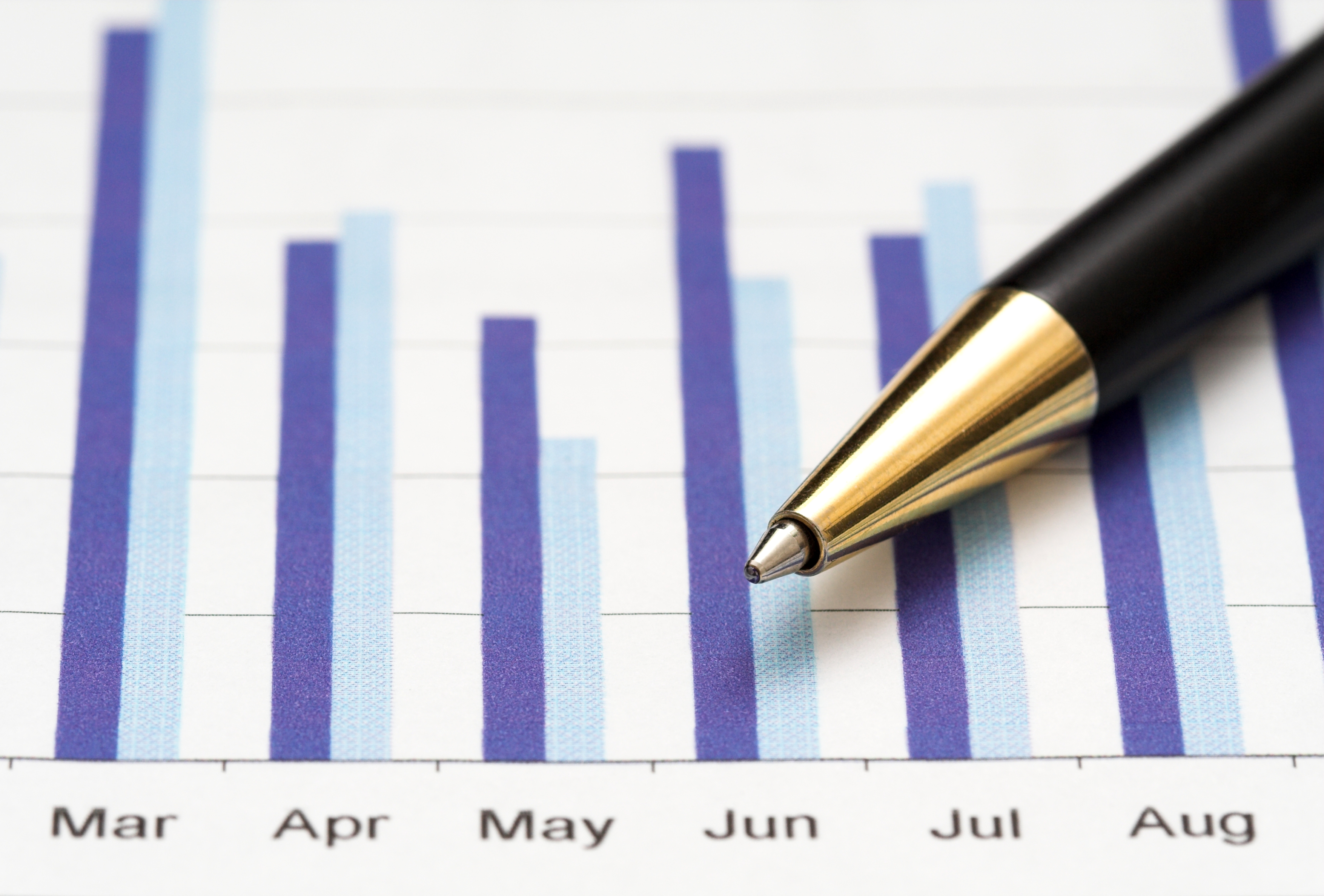
U.S. stocks perked up during the last full week of February, enough to end the month relatively flat after earlier declines. However, only the Dow Jones Industrial Average was able to claw its way back into positive territory. The other major domestic indices couldn’t quite sustain the rally through the last trading day of the month.
| 12/31/15 Close | 1/29/16 Close | Change | Gain/Loss | |
|---|---|---|---|---|
| DJIA | 16,466.30 | 16,516.50 | +50.20 | +0.30% |
| NADSAQ | 4,613.95 | 4,557.95 | -56.00 | -1.21% |
| S&P 500 | 1,940.24 | 1,932.23 | -8.01 | -0.41% |
| MSCI EAFE | 1,591.46 | 1,558.08 | -33.38 | -2.10% |
*Reflects price returns as of market close on February 29, 2016. MSCI EAFE data as of 4:15 pm on February 26, 2016.
Commodities and crude oil prices also began to show some strength, as did European stocks, although the improvements weren’t enough to counter earlier declines. Back stateside, gross domestic product expanded at a slightly faster annualized rate than originally estimated, up 1% from 0.7%. Forecasters had predicted a 0.4% gain for the fourth quarter of 2015. Growth could pick up even further on the back of a strengthening job market, improving wage growth and solid consumer spending (aided by lower gas prices), according to Federal Reserve Vice Chair Stanley Fischer.
The central bankers, though, are still gauging the impact of lower-than-normal oil prices on inflation as well as global growth, particularly in China. Investors remain wary of China’s evolution from an exports-driven economy, but the country’s central bank acknowledged room for monetary easing and stimulus efforts, which helped lighten the fear that China’s slowdown would significantly impact global growth. For now, the Fed remains in tightening mode but will likely wait until the economic picture clears before looking to increase rates again. And when it does, the pace will be gradual and largely dependent on incoming data.
The volatility we’ve seen in the first two months of the year, while not great for consumer sentiment, may present opportunity for the well-prepared investor to increase positions in fundamentally sound investments. Too many people think of the markets as an entity that “knows” what’s going to happen next (e.g., volatility will lead to recession). Nevertheless, Raymond James Chief Investment Strategist Jeff Saut reminds us that the markets are not the same as the economy. In fact, the markets are more a reflection of “fear, hope, and greed” among investors, as he explained in recent commentary. “The market really doesn’t know the future. The economy and equity markets, right now, are disconnected.
I’m sharing all this with you to offer some perspective on the global economy and the markets, and I’ll continue to monitor trends and keep you informed. I’ll be sure to also let you know if I see any potential buying opportunities for you or come across anything that could affect your long-term financial plan.
Please note that the markets and our office will be closed Friday, March 25th. We will reopen the following Monday, March 28th. Thank you!
Sincerely,
Tyler Daly
Financial Advisor
Raymond James Financial Services, Inc.
*Investing involves risk, and investors may incur a profit or a loss. Past performance is not an indication of future results and there is no assurance that any of the forecasts mentioned will occur. Investors cannot invest directly in an index. The Dow Jones Industrial Average is an unmanaged index of 30 widely held stocks. The NASDAQ Composite Index is an unmanaged index of all common stocks listed on the NASDAQ National Stock Market. The S&P 500 is an unmanaged index of 500 widely held stocks. The MSCI EAFE (Europe, Australia, Far East) index is an unmanaged index that is generally considered representative of the international stock market. International investing involves additional risks such as currency fluctuations, differing financial accounting standards, and possible political and economic instability. These risks are greater in emerging markets. The performance noted does not include fees or charges, which would reduce an investor's returns.
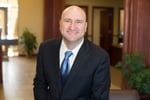
Tyler has been in the financial services industry since 2004 and with Sandstone Wealth Management and Heartland Bank since 2009. He is Series 7, 66 and Insurance licensed to assist his clients with all their investing, financial planning, and insurance needs. Tyler was recently named to the Forbes List of America's Top Next-Generation Wealth Advisor, which recognizes advisors from national, regional, and independent firms. Tyler graduated from the University of Nebraska-Lincoln with a Bachelor’s Degree in Diversified Agriculture and was born and raised in the Nebraska Sandhills. This gives him an intimate knowledge and understanding of his farming and ranching clients. Tyler is married to Rachel, who earned her Doctorate of Pharmacy from the University of Nebraska. They have two children, Camilla and Cooper. Away from business, he enjoys officiating high school basketball in the winter as well as golfing and team roping in the summer.
